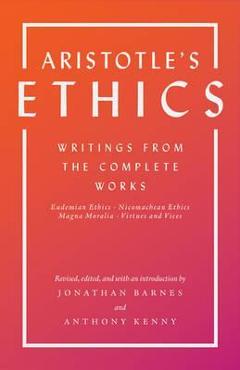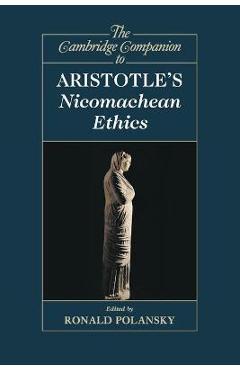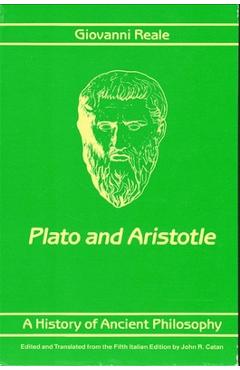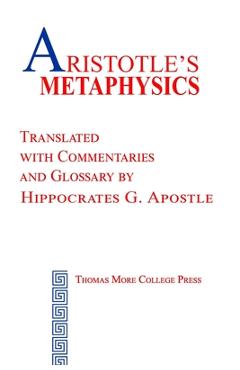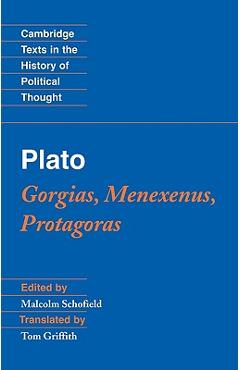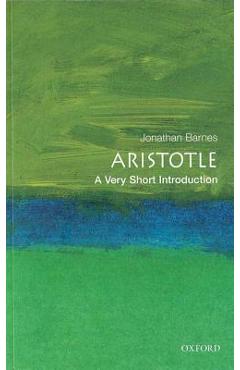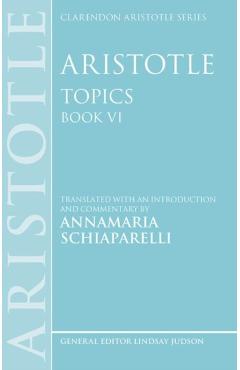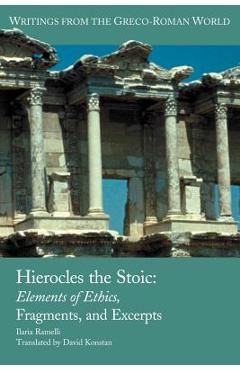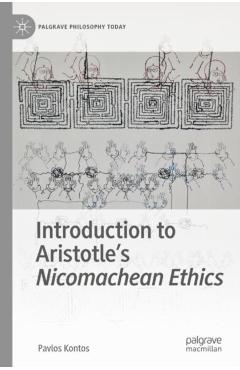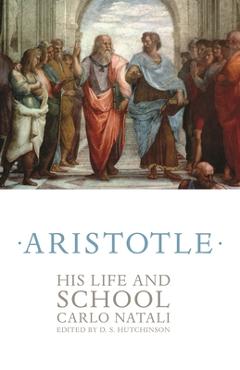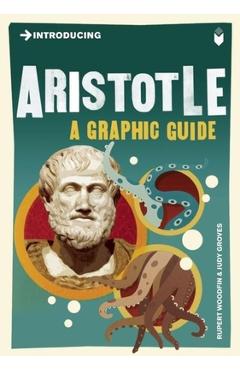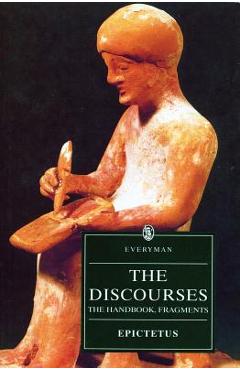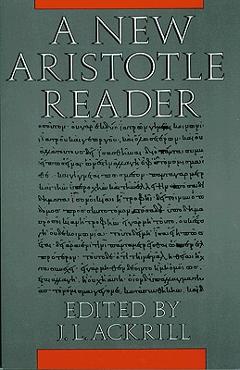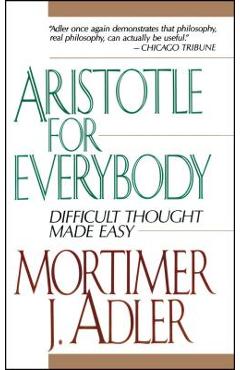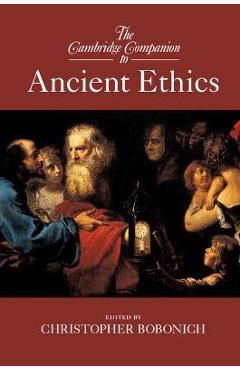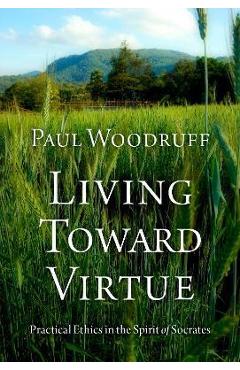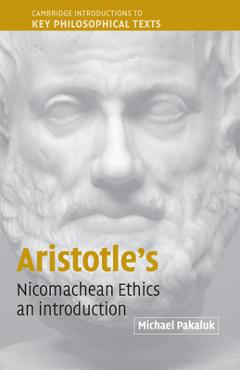Aristotle and the Virtues
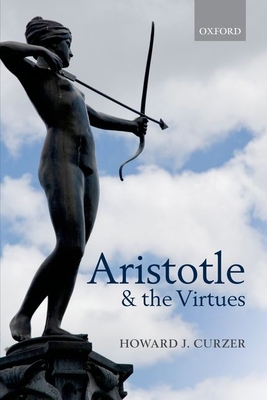
Aristotle and the Virtues
Aristotle is the father of virtue ethics--a discipline which is receiving renewed scholarly attention. Yet Aristotle's accounts of the individual virtues remain opaque, for most contemporary commentators of Aristotle's Nicomachean Ethics have focused upon other matters. In contrast, Howard J. Curzer takes Aristotle's detailed description of the individual virtues to be central to his ethical theory. Working through the Nicomachean Ethics virtue-by-virtue, explaining and generally defending Aristotle's claims, this book brings each of Aristotle's virtues alive. A new Aristotle emerges, an Aristotle fascinated by the details of the individual virtues. Justice and friendship hold special places in Aristotle's virtue theory. Many contemporary discussions place justice and friendship at opposite, perhaps even conflicting, poles of a spectrum. Justice seems to be very much a public, impartial, and dispassionate thing, while friendship is paradigmatically private, partial, and passionate. Yet Curzer argues that in Aristotle's view they are actually symbiotic. Justice is defined in terms of friendship, and good friendship is defined in terms of justice. Curzer goes on to reveal how virtue ethics is not only about being good; it is also about becoming good. Aristotle and the Virtues reconstructs Aristotle's account of moral development. Certain character types serve as stages of moral development. Certain catalysts and mechanisms lead from one stage to the next. Explaining why some people cannot make moral progress specifies the preconditions of moral development. Finally, Curzer describes Aristotle's quest to determine the ultimate goal of moral development, happiness.
PRP: 539.92 Lei
Acesta este Pretul Recomandat de Producator. Pretul de vanzare al produsului este afisat mai jos.
485.93Lei
485.93Lei
539.92 LeiLivrare in 2-4 saptamani
Descrierea produsului
Aristotle is the father of virtue ethics--a discipline which is receiving renewed scholarly attention. Yet Aristotle's accounts of the individual virtues remain opaque, for most contemporary commentators of Aristotle's Nicomachean Ethics have focused upon other matters. In contrast, Howard J. Curzer takes Aristotle's detailed description of the individual virtues to be central to his ethical theory. Working through the Nicomachean Ethics virtue-by-virtue, explaining and generally defending Aristotle's claims, this book brings each of Aristotle's virtues alive. A new Aristotle emerges, an Aristotle fascinated by the details of the individual virtues. Justice and friendship hold special places in Aristotle's virtue theory. Many contemporary discussions place justice and friendship at opposite, perhaps even conflicting, poles of a spectrum. Justice seems to be very much a public, impartial, and dispassionate thing, while friendship is paradigmatically private, partial, and passionate. Yet Curzer argues that in Aristotle's view they are actually symbiotic. Justice is defined in terms of friendship, and good friendship is defined in terms of justice. Curzer goes on to reveal how virtue ethics is not only about being good; it is also about becoming good. Aristotle and the Virtues reconstructs Aristotle's account of moral development. Certain character types serve as stages of moral development. Certain catalysts and mechanisms lead from one stage to the next. Explaining why some people cannot make moral progress specifies the preconditions of moral development. Finally, Curzer describes Aristotle's quest to determine the ultimate goal of moral development, happiness.
Detaliile produsului









